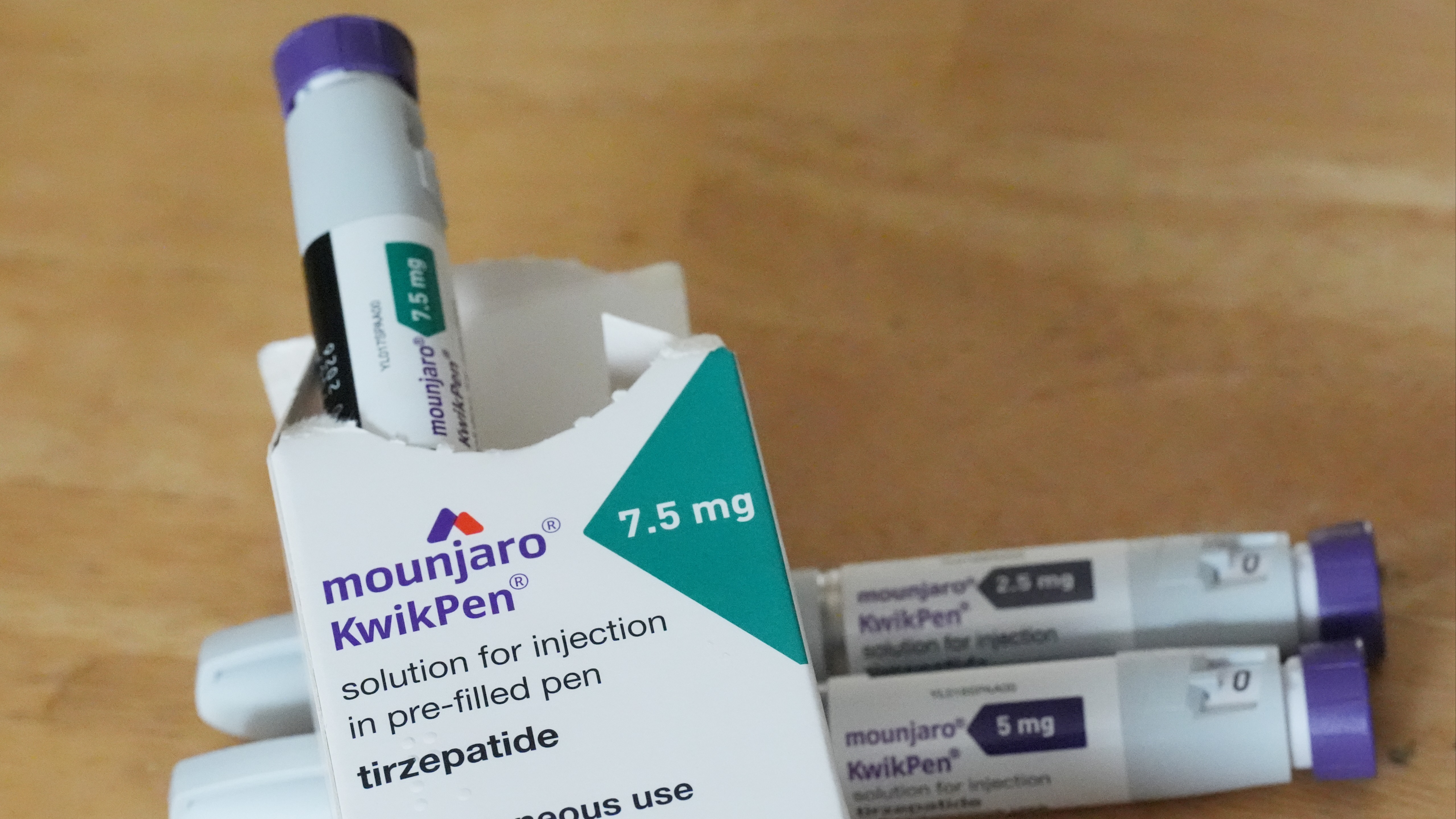Scientists have observed that Mounjaro reduces food cravings by suppressing brain signals linked to eating control, in a first-of-its-kind study.
Researchers in the US placed electrodes in the brain of a patient on the drug to study its impact on the region associated with pleasure, motivation and reward.
Mounjaro, also known as tirzepatide, is a GLP-1 agonist, a type of medication which mimics the hormone glucagon-like peptide-1 to help manage blood sugar levels and promote weight loss.
The study included three severely obese patients who struggled to control their eating habits.
Researchers analysed the brain activity, recorded directly with electrodes implanted in the brain.
They found episodes of intense food preoccupation and cravings were linked to low-frequency brain signals, known as delta-theta activity, in the nucleus accumbens, a part of the brain’s reward system.
In two patients, electrical stimulation to areas of the brain reduced this signal.
The third patient was given Mounjaro to manage diabetes following weight-loss surgery, which also resulted in reductions in food cravings.
Researchers also recorded a decline in delta-theta brain activity in the patient on Mounjaro.

However, these brain signals and food cravings returned a few months later.
The findings, published in the journal Nature Medicine, suggest the drug may tackle food cravings by affecting the brain signal biomarkers associated with eating control.
Dr Simon Cork, a senior lecturer in physiology at Anglia Ruskin University, said the study “is methodologically very interesting”.
But he warned that it was only observed in a single patient, so more study was needed.
“This study specifically looked at a marker of brain activity associated with periods of ‘binge eating’ in patients with obesity associated with food preoccupation,” he said.
“This is important because this is a specific (and rare) condition associated with obesity.
“We know from animal studies that directly record from neurons in this region of the brain that GLP-1 does suppress activity of this region of the brain, and this suppression is likely associated with the reduction in ‘food noise’ that patients with obesity often report.
“It is also likely to be one of the reasons why this drug class is seeing increased interest in combating addictive conditions, such as alcohol and drug abuse.
Mounjaro – dubbed the King Kong of weight-loss injections – is approved for use on the NHS to treat type 2 diabetes and manage weight.
The health service has started its roll-out of the drug for obesity, but there are tight restrictions on which patients are eligible.
Over three years, the NHS expects to give the jabs to 240,000 people.
Follow STV News on WhatsApp
Scan the QR code on your mobile device for all the latest news from around the country



























